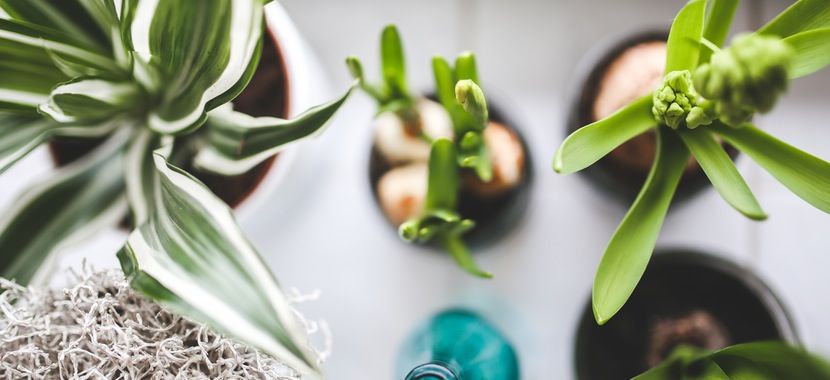I‘ve been studying about strengths lately. Why we’re wired the way we are. Why some of us naturally have certain talents, and others don’t.
Why some of us seem to have figured out a way to shine our talents brightly in the world, and others have a hard time expressing them in everyday life.
Turns out the leading research on strengths has surprising neurological underpinnings. From birth to about age three, our brains are rapidly growing, most especially the number of neural synapse connections within our brains.
Then right around our third birthday, something really fascinating happens. The brain does an about-face and from age 3 to about age 16 in our development: instead of growing, it begins to shrink.
The brain spends the next 13 years going through a massive pruning project, slowly but surely decreasing in size and neural connections.
It seems as though, physiologically, an individual’s brain becomes stronger by becoming smaller and more selective. Our brain actively practices the art of pruning during the very years when we, arguably, develop and grow the most radically.

When we’re skilled at selectively knowing what to prune out of our lives, what remains becomes stronger. Our time and attention can focus on producing beautiful, rich fruit.
But the art of life pruning is hard to strengthen in a busy, loud, consumer-driven life.
I was reminded of this recently when a women in one my courses shared that she finally hit a breaking point with the clutter in the playroom. She took a contractor-sized garbage bag and filled it to the brim with every single toy in the room. Instead of throwing it all away, though, she simply put it out of eyesight temporarily.
Then she gave herself and her child some time to acclimate to the spacious uncluttered-ness of the room. From that place of clarity and calm, she was able to return a few intentionally-chosen toys back into the rotation, and donate the rest.
Practicing inner calm is the prerequisite for strengthening the muscle of knowing what needs to be pruned from our full lives.
What if we prioritized time in our lives to be still and ask, “What do I want more of right now?” And then, from that answer, ask, “What things in my life are inhibiting it from flowing more freely into my life?”
It’s a counter-cultural perspective when we’re conditioned to immediately solve every feeling of lack with something to “fill up” the gap. The art of life pruning suggests that the wisest action is removing something that’s inhibiting what we want more of, not adding more to our plates.
It’s trusting that the seeds of what you want more of are already there. And that the most important job, often, is in the consistent weeding to make space for healthy growth to happen.
p.s. – Say no to yourself, make a to-don’t do list, and be the boss of you.



